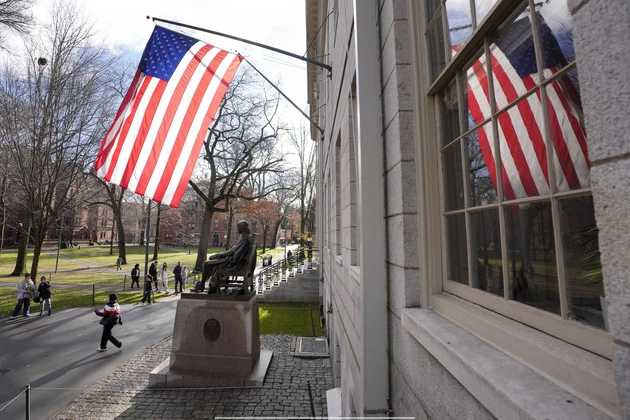
The Trump administration is set to sign an executive order that could significantly impact the participation of transgender women in sports, particularly at the upcoming 2028 Summer Olympics in Los Angeles. The order aims to prevent female transgender athletes from competing in women’s sports by initiating fraud investigations into those seeking visas for such competitions.
Challenges and Controversies
While the administration asserts that the focus is on maintaining fair competition without biological advantages, critics argue that this move disproportionately affects transgender individuals. The order’s implications extend beyond the Olympics, sparking debates on gender identity, equality, and discrimination in sports.
Public Opinion and Legal Ramifications
A recent poll revealed that a significant majority opposes transgender female athletes’ participation in women’s sports, reflecting the polarized views on this issue. Additionally, legal battles and policy changes at state and federal levels further complicate the landscape of transgender inclusion in sports.
Policy Impact and Future Considerations
By emphasizing the distinction between sex and gender identity under Title IX, the administration signals its stance on upholding women’s opportunities in sports. The order’s enforcement mechanisms, including federal funding implications for non-compliant schools, underscore the administration’s commitment to this cause.
Looking Ahead
As the executive order takes effect, its repercussions will reverberate across various sports organizations, educational institutions, and legal arenas. The debate on transgender inclusion in sports continues to evolve, shaping the future of athletic competitions and equality considerations.















